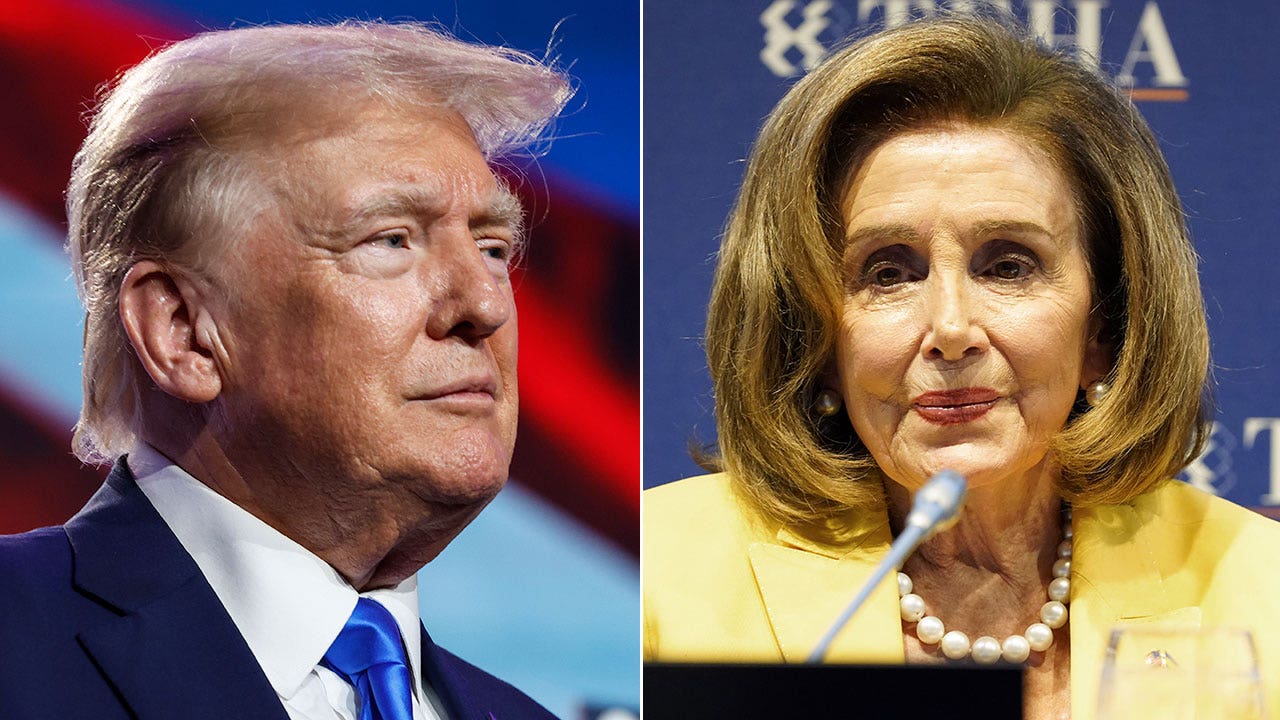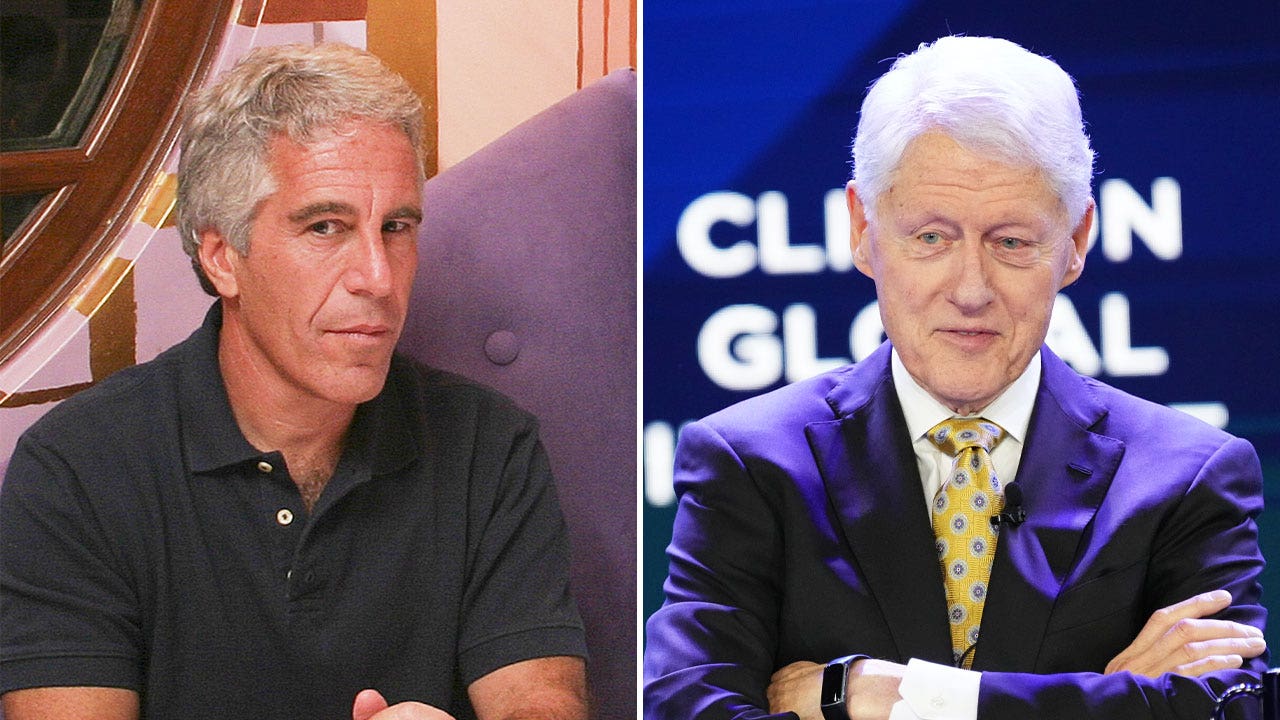Nancy Pelosi to skip Trump inauguration ceremony: report

Former Speaker Nancy Pelosi, a Democrat from California, has made the decision to skip President-elect Trump’s upcoming inauguration ceremony, her office confirmed to ABC News on Thursday. This marks a significant departure from her attendance at 11 previous inauguration ceremonies, including Trump’s first in 2017. While Pelosi’s office has not provided a specific reason for her absence, her history of outspoken opposition to the president-elect suggests a clear motive.
President Trump has also not shied away from criticizing Pelosi, often referring to her as an “enemy” during his campaign rallies. In a particularly contentious moment, Trump went as far as to call Pelosi “a crooked person” and “evil” at a rally in Michigan, hinting at derogatory language before stopping short of saying it out loud.
Pelosi’s public displays of opposition to Trump have been well-documented, including the infamous incident where she tore apart a copy of his State of the Union address while standing behind him on the floor of Congress in 2020. This gesture symbolized the deep divide between the two political figures and set the tone for their contentious relationship.
In addition to Pelosi, former first lady Michelle Obama has also chosen to skip Trump’s inauguration, although her husband, former President Barack Obama, plans to attend. Michelle’s absence was also noted at the recent funeral for President Jimmy Carter, where Trump was present alongside other former presidents and dignitaries.
Former President Bill Clinton and former first lady Hillary Clinton have confirmed their attendance at the upcoming inauguration, as have former President George W. Bush and former first lady Laura Bush. This gathering of political figures underscores the tradition of peaceful transitions of power in the United States, despite the underlying tensions between different parties and individuals.
The decision by Pelosi and Obama to skip the inauguration reflects the deep political divisions that continue to define American politics. While some former presidents and political figures choose to maintain a sense of decorum and attend such events, others opt to make a statement by staying away. This dynamic is a reminder of the complex and often contentious nature of democratic governance in the country.
As the nation prepares for the upcoming inauguration, the absence of key political figures like Pelosi and Obama serves as a reminder of the challenges and divisions that persist in American society. The tradition of peaceful transitions of power will once again be put to the test as the country witnesses a new chapter in its political history unfold.




